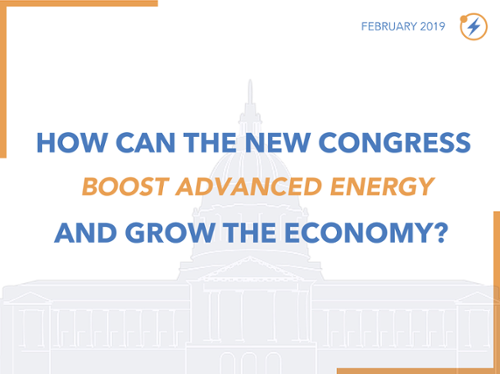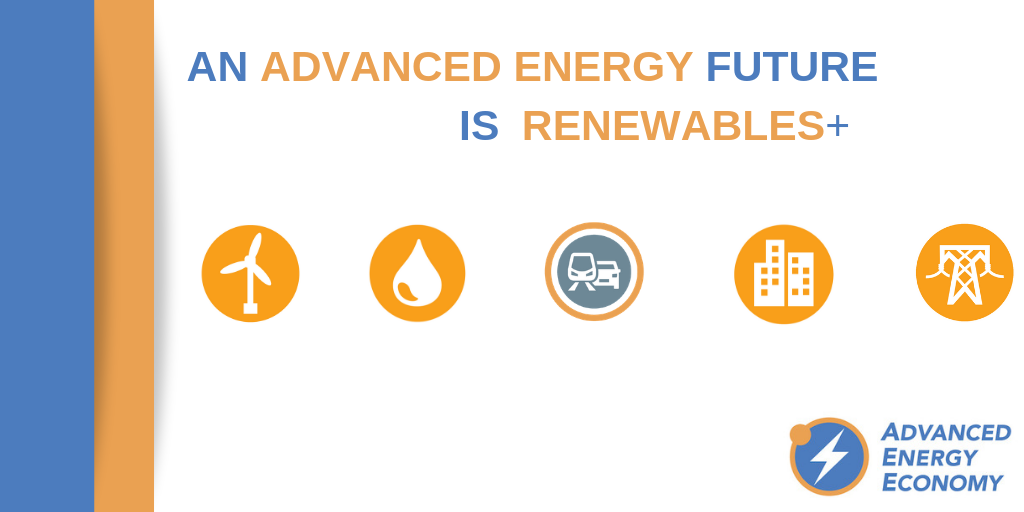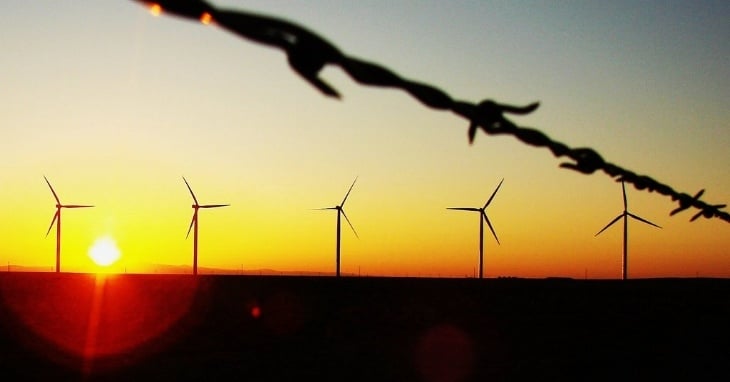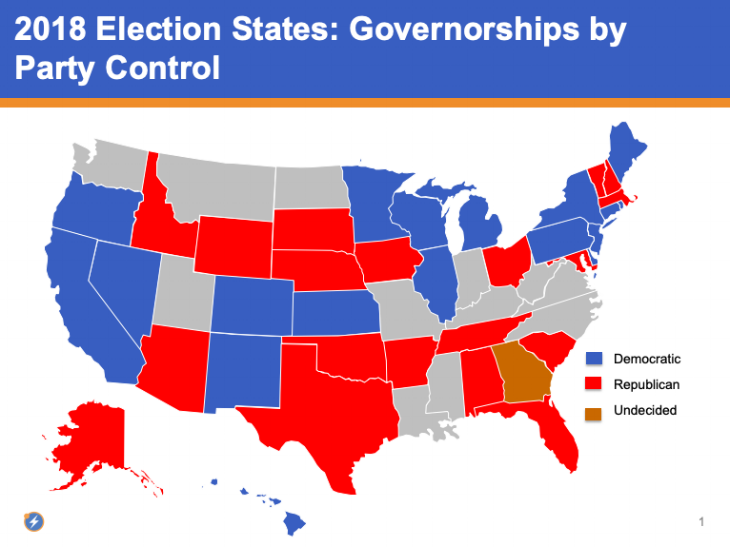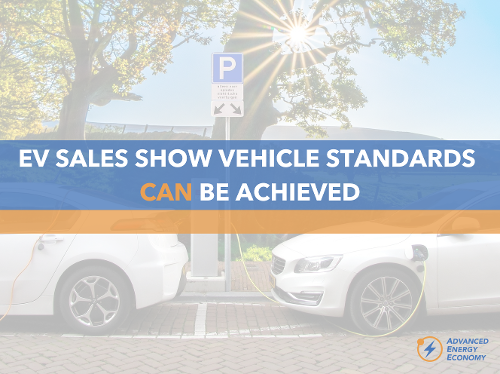
Amid the controversy surrounding the Environmental Protection Agency’s proposed rollback of greenhouse gas emissions standards for light-duty vehicles, AEE filed an amicus brief in support of petitions brought by 17 states, the District of Columbia, and others in the U.S. Court of Appeals for the District of Columbia Circuit seeking to halt EPA’s efforts. In a first for the organization, AEE and its members chose to weigh in on this issue in court because EPA’s actions ignore overwhelming realities about the availability of cost-effective technologies to reduce automobile emissions, particularly the burgeoning electric vehicles (EV) market.
